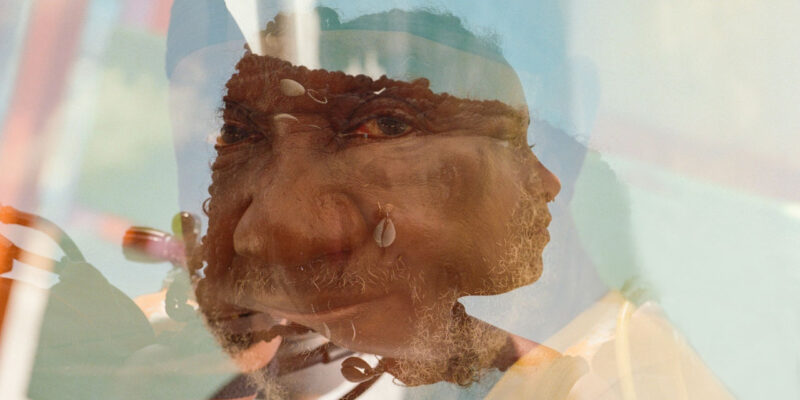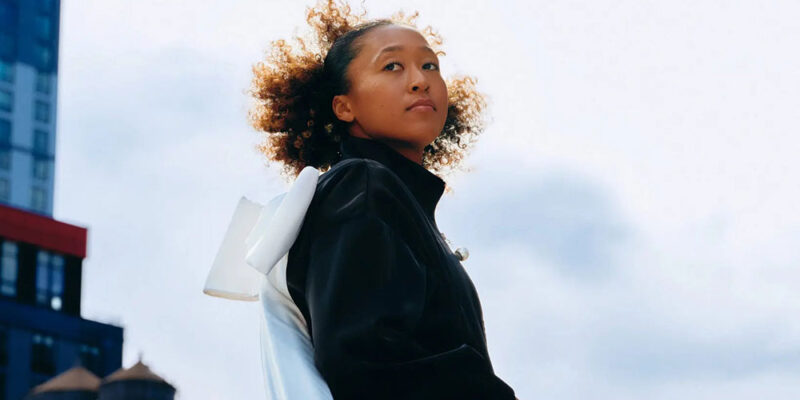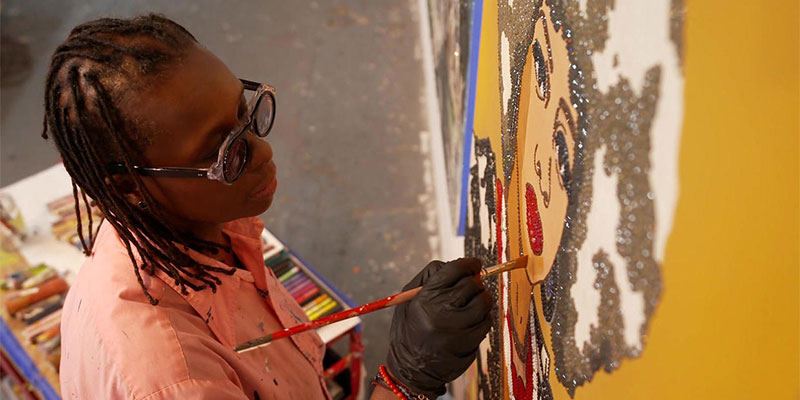
by Elizabeth Catlett A deft sculptor and printmaker, devout feminist, and lifelong social justice advocate, Elizabeth Catlett was uniquely committed to both her creative process and political convictions. Growing up during the Great Depression, she witnessed class inequality, racial violence,

by Mark Steven Greenfield “My work concerns itself with the complexities of the African American experience, both historically and in contemporary society. The work often revolves around a number of themes which include subjects as diverse as African

by Omnia Saed, Photographs by Vanessa Diaz and Caroline Castro, Atmos “As a scholar engaged in this work, and as one of the very few Black archaeologists in the world—especially those of us who dive and study the Black Atlantic—I can’t think of a single one

by Jessic Testa, New York Times. “For me, an outfit can always help with something. It goes back to the confidence point. You put on an outfit, it’s almost like a super-suit in some ways. Then you step on the court and you imagine yourself being able to do anything.”

by Tracy Smith, CBS News. “Like all great artists, she has an understanding, a grasp of what great historical artists are doing, and she’s saying, ‘Okay, I’m gonna turn that around, I’m going to make that my own,’” said Joanne Heyler, founding director of the Broad Museum in Los Angeles, home to the exhibition,

by Haja Marie Kanu, avantarte. Conceptual artist Hank Willis Thomas explores success, power and oppression, specifically, how these ideas play out in the legacy of African American Olympian, Jesse Owens. “Hank’s upcoming edition “salutes that most famous of his four wins at the 1936 Olympics” – the 100m dash.

by Colony Little, ArtNews. The 1767 Chowan County Courthouse is the site of an installation, Memorable Proof, by artist Letitia Huckaby that is part of the “Harriet Jacobs Project,” an ongoing initiative directed by Michelle Lanier and curated by Johnica Rivers.

Edges of Ailey, opening at the Whitney Museum of American Art on September 25, is the first large-scale museum exhibition to celebrate the life, dances, influences, and enduring legacy of visionary artist and choreographer Alvin Ailey (b. 1931, Rogers, Texas; d. 1989, New York, New York).

By Maurice Berger. The Vision & Justice Book Series, a groundbreaking endeavor conceived by Sarah Elizabeth Lewis and published by Aperture, is designed to address past omissions and contribute to the ongoing work of building a richer, more racially inclusive story of lensbased practices. An extension of the work of the award-winning 2016 “Vision & Justice” issue of Aperture magazine, the Book Series centers the work of leading lensbased Black artists and related scholars and writers who have been vital to understanding the role of images in generating equity and justice in America.

by Brian Boucher, artnet. Launched by artists Wyatt Gallery, Eric Gottesman, Hank Willis Thomas, and Michelle Woo, the richly illustrated book Where Do We Go From Here? documents every billboard the artist collective and activist group For Freedoms has commissioned.


